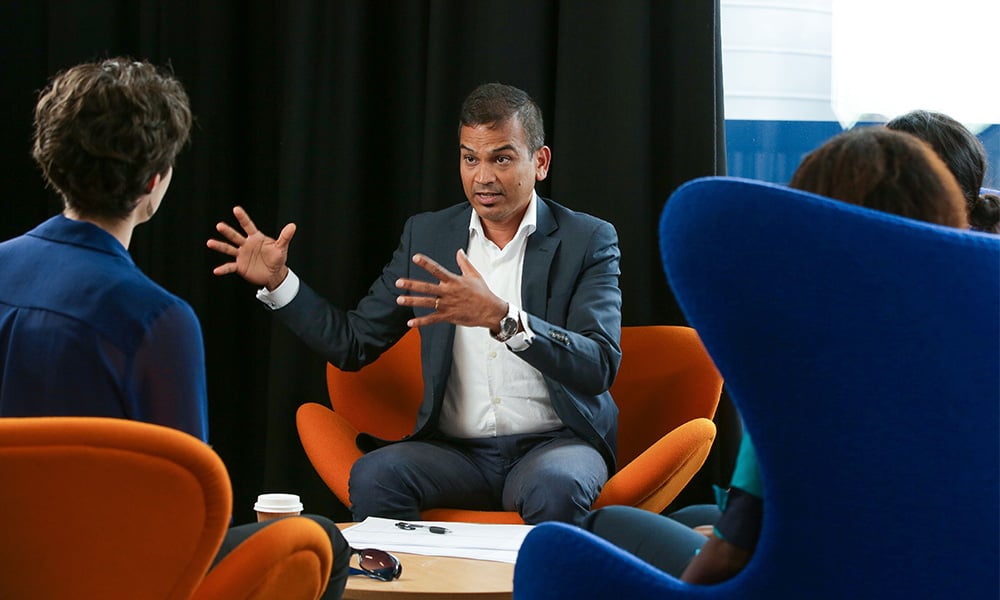
How role-play techniques help leaders nail their individual style

So you’ve read all about the hot new communication trend that promises to get the results you want, and you decide to give it a whirl. You like the sound, for example, of the “avocado leadership” style (soft on the outside, tough business core on the inside). Until you try it out on your colleagues and it all goes pear-shaped.
That’s because theory is one thing, and owning your own unique leadership style is quite another, says Nicola Parry, course manager at NIDA Corporate. Actor and writer Parry coaches corporate clients at the prestigious acting school NIDA, in Melbourne and Sydney.
NIDA Corporate draws on the expertise of some of Australia’s best performers to offer practical skills-based training in communication, presentation and leadership. What sets the courses apart is that participants get to ‘try on for size’ different techniques in acting role-play situations. Because that’s the other problem with the theory-based approach; a communication style that might suit one person won’t work for another.
“We have access to a lot of theory around leadership and communication styles, but role-play gives people a chance to get up on their feet, try different ways of communicating, and see the results they get,” says Parry.
People may start out feeling self-conscious, but NIDA’s unique setup fosters trust and an exploration-friendly environment. Actors are used to creating a safe space to try out different communication tools, says Parry. Plus the sessions are run by trained coaches who “have no ulterior motive other than getting the best result. They have an objective view of how this communication is taking place.”
Last but not least – it’s fun. And when participants see for themselves the results they are achieving, it’s hugely encouraging.
How in practice do you help someone find a style of communicating that will serve them best?
Parry says it’s first important to pinpoint what you want to achieve. “Take someone who is soft spoken and gentle; these are lovely qualities and useful in some situations. But if they are in a situation where they need to be heard, we look at how they can adjust their vocal and physical presence, perhaps their eye contact, to achieve what they want.”
The facilitators will ask participants to choose a particularly challenging communication scenario, such as asking for a pay rise, then brief the trained actor at the session to role play as the character of the boss. “Many people finish their role play and say to the actor, ‘It was like you channeled them!’”
Which raises a question: actors excel at being convincing as someone other than themselves. But how do you coach a client to “try on” a whole new way of communicating without losing their authenticity?
“Often “authenticity” can be someone’s comfort zone, how they are used to behaving,” says Parry. “We encourage people to try different ways of communicating; but the core of who you are, what you believe, your values… these are always going to remain constant. The way in which they communicate those values and their objectives can change, and that is similar to the way actors work.”
An actor must change aspects of themselves in order to put on “the suit of that character”, she says. With a role-play scenario it’s similar, but you are also remaining clear on your objective and how you want to make the other person feel.
“We always ask participants to first consider their audience. What keeps them awake at night? What is their communication style? Then you can work on how you deal with that person to get the result you want.”
She emphasises it’s the result that is key - “rather than what suits you or not. This does not mean becoming someone you aren’t – rather it’s about calling out habits that get in your way.”
Why be an avocado when you can just be a better version of yourself?
For more information on role-play based training with NIDA Corporate, visit nida.edu.au/corporate.